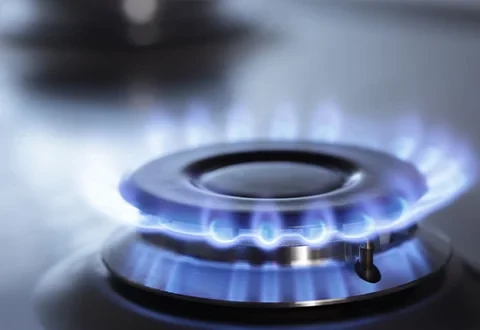
- Call Us
- +8618633052223
- njhdvlz@163.com
Nov . 10, 2024 20:08 Back to list
Types of Valve Suppliers in the Industry Today
Understanding Valve Kinds and Their Suppliers
Valves are essential components in various industries, serving as a critical element in controlling the flow of liquids and gases. From water supply systems to sophisticated industrial processes, valves play a pivotal role in ensuring safety, efficiency, and reliability. This article explores different kinds of valves, their applications, and the suppliers that provide these vital components.
Types of Valves
Valves come in various types, each designed for specific applications. Here are some common kinds of valves
1. Gate Valves Used primarily for on/off control, gate valves are designed to allow or block flow in a pipeline without causing turbulence. They are best suited for applications requiring minimal pressure drop and are commonly used in water supply and sewage systems.
2. Globe Valves Known for their throttling capabilities, globe valves can regulate flow more precisely than gate valves. They are often employed in systems where flow control is critical, such as heating and cooling systems in industrial plants.
3. Ball Valves These valves utilize a hollow, perforated, and swiveling ball to control flow. Ball valves offer quick shutoff capabilities and are widely used in oil and gas, chemical processing, and other industrial applications where leak-tight closure is essential.
4. Butterfly Valves Characterized by a flat circular disc that rotates on a perpendicular axis, butterfly valves are used for regulating flow. They are lightweight, cost-effective, and ideal for large volume applications, such as in water treatment plants.
5. Check Valves These automatic valves allow fluid to flow in one direction only, preventing backflow. Check valves are critical in systems like water pumps and fuel lines, ensuring that fluids do not reverse and cause potential damage.
Applications of Valves
Valves are integral components across various sectors, including
- Water and Wastewater Management In these systems, valves control the flow of water and manage wastewater treatment processes, ensuring cleanliness and safety in public water supply
.valve kinds suppliers

- Oil and Gas Valves in this industry handle the flow of crude oil, natural gas, and refined products. Their reliability is critical for operational safety and efficiency in transportation and processing.
- Power Generation Valves control steam and water flow in power plants, including nuclear and fossil fuel plants. They ensure optimal performance and safety in the generation of electricity.
- Chemical Processing In the chemical industry, valves control the flow of various chemicals during production, maintaining safety and compliance with stringent regulations.
Finding Suppliers
When it comes to sourcing valves, numerous suppliers can meet diverse industrial needs. Here are key factors to consider when choosing a valve supplier
1. Quality Assurance Suppliers should comply with industry standards like ISO, API, and ASTM. Reliable suppliers often provide certifications that guarantee the quality and safety of their products.
2. Product Range A good supplier offers a variety of valves and related components, catering to different applications and industries. The ability to provide custom solutions can also be a significant advantage.
3. Technical Support Suppliers should offer robust technical support, including assistance in selecting the right valve for specific applications and providing maintenance guidelines.
4. Reputation and Experience Established suppliers with a good track record are generally more reliable. Researching online reviews and case studies can provide insights into a supplier’s reputation.
5. After-Sales Service Excellent after-sales service, including warranty and repair services, can be crucial for maintaining operations in industries reliant on valves.
Conclusion
Valves are indispensable in managing the flow of various fluids across multiple applications. Understanding the different types of valves and their respective suppliers is critical for industries aiming to enhance efficiency, safety, and reliability in their operations. By considering factors such as quality, product range, technical support, and after-sales service, organizations can select the right suppliers to meet their specific needs. In a world that increasingly values sustainability and efficiency, the role of valves and their suppliers will undoubtedly continue to grow.
-
Premium 2.5 Inch Butterfly Valve with GPT-4 Turbo
NewsAug.04,2025
-
Compact Double Flanged Short Pattern Butterfly Valve | High Efficiency
NewsAug.03,2025
-
Stainless Steel Sanitary Butterfly Valve | Hygienic & Durable
NewsAug.02,2025
-
Double Flanged Short Pattern Butterfly Valve | Compact, Efficient Flow
NewsAug.01,2025
-
Precise 3-Inch Butterfly Valve Dimensions | Durable Flow
NewsJul.31,2025
-
3 Butterfly Valve Dimensions | GPT-4 Turbo Precision Specs
NewsJul.31,2025